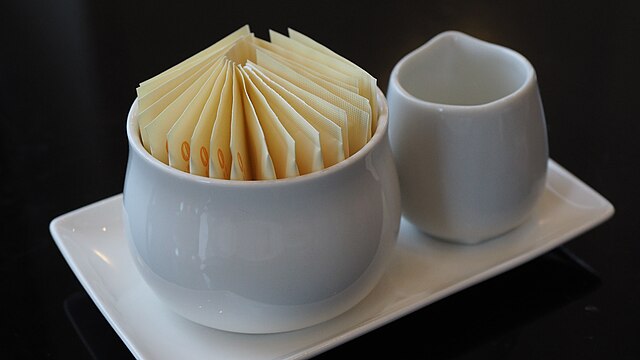The Kenya Sugar Board (KSB) has notified companies repackaging sugar to register by November 17, 2025 for traceability standardization, amid waning production.
Re-packagers need comply within the 3-week window via online registration or face enforcement including possible business suspension.
The KSB usually registers all repackaging agencies from individuals to entities to whom it then extends licenses for sugar retail.
According to the agency, the aim is to root market competitiveness, hone traceability and foster quality standards for all stakeholders.
Nearly 25% Production Downturn
This at a time when January-August 2025 sugar processing is down by 24.89% year-on-year, after an August 2024 supply resurgence.
The Kenya Bureau of Statistics (KNBS) reported output at 406,807 tonnes these past 8 months, versus January-August 2024’s 541,681 tonnes.
Overall production between January and June 2025 was also down by around 15.8%, year-on-year.
The culprit is waning mature cane reserves due to over-harvesting in the previous season and a falling cultivated area. This shortfall has forced imports to keep prices stable.
Price stability is already apparent as sugar prices dipped by 0.5% month-on-month this October, per the Consumer Price Index.
Imports have had a stabilizing effect as the country has returned to sugar imports from African origins to complement factory supplies.
Ex-factory sugar for sale directly to consumers comes through wholesalers in 50-kg bulk sacks.
Other than millers, multiple licensed third-party brands also repackage the sugar. Their most popular portions include 250 g, 500 g, 1 kg and 2 kg portions, all accessible at supermarkets.
Amateur repackaging also occurs at the consumer level by shopkeepers who apportion wholesale bulks into unlabeled miniature bags.
With the KSB forcing the registry of all repackaging, it seems like Kenya is moving towards quality standardization. The packaging industry as a whole is the topic of the following statistics section.
Kenya Sugar Packaging and Repackaging Statistics
The Kenya Sugar Board (KSB) mandates the retail of sugar in Kenya through packaging and repackaging rules that include registration, licensing and price control. Regarding primary packaging, most sugar millers normally supply their own packaging bags. Mumias Sugar Company, for example, as of 2009 was apportioning 30% of its sugar bags into 50-kg sizes. The rest went into flexible sizes of 125 g, 250 g, 500 g, 1 kg and 2 kg for sale in retail shops. Private re-packagers, on the other hand, pack sugar in polypropylene, recyclable plastic, hard paper and other materials.
Does packaging add up sugar costs in Kenya?
The heart and soul of sugar packaging in Kenya is distribution through wholesalers, retail chains and shopkeepers. Wholesalers pass to retailers a part of the packaging costs, a 16% Value Added Tax and a 4% Sugar Development Levy. Packaging costs have been rising due to the phasing off of cheap single-use plastic, forcing manufacturers to import expensive recyclable materials. Still, Kenya enjoys high plastic use per capita of 0.03 kg per person per year and a poor recycling rate of 8% annually. Combining all these costs, retail consumers end up buying repackaged retail sugar at a steep median of $1.20 a kg.
How big is the Kenya packaging industry?
By September 2021, Kenya’s packaging industry comprising agricultural and manufacturing niches was worth around $585 million, per the Packaging Discussions. This means 2% of the manufacturing revenue in Kenya comes from the packaging industry. Manufacturing as a whole represents 11% of the national GDP.
